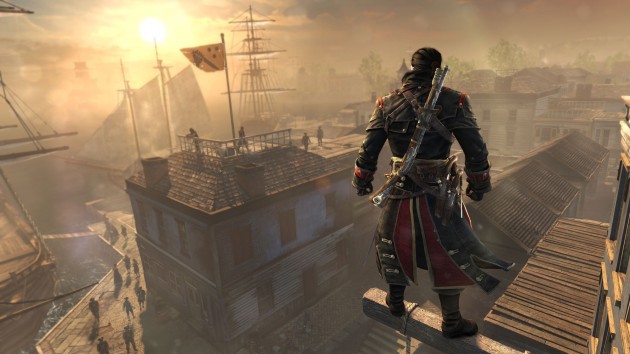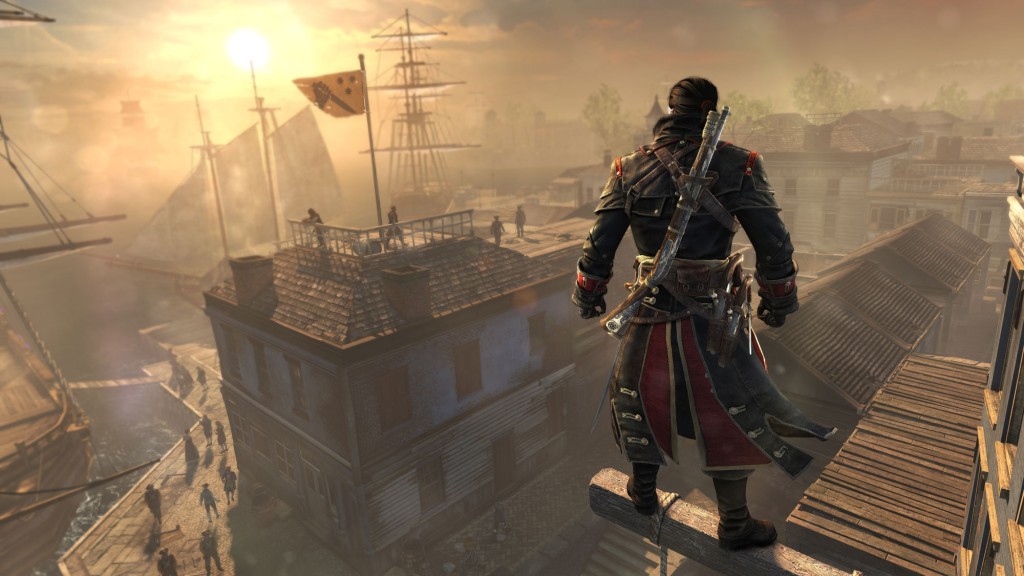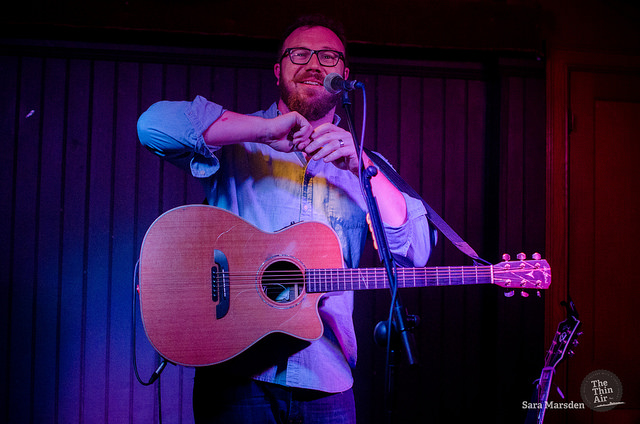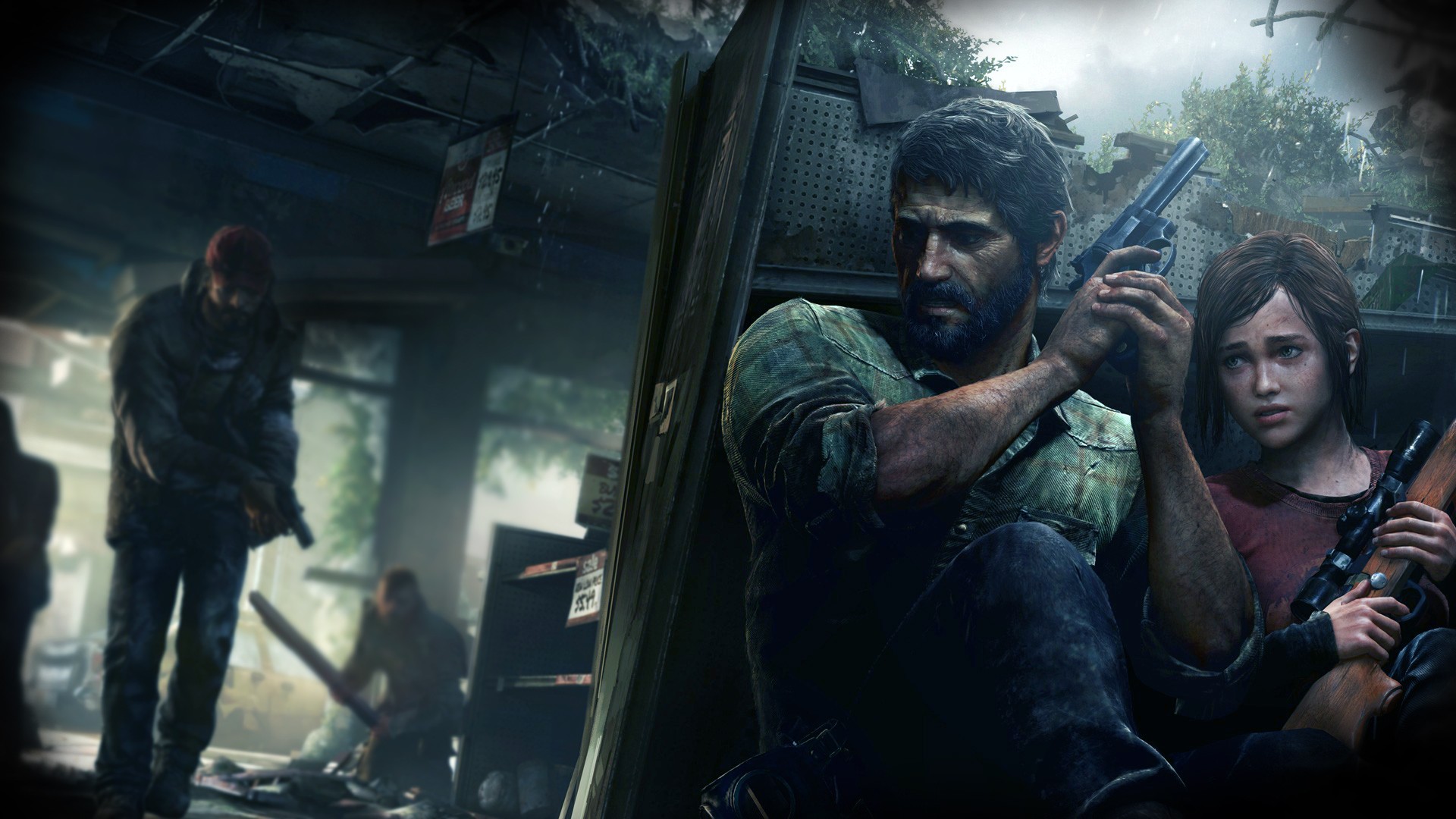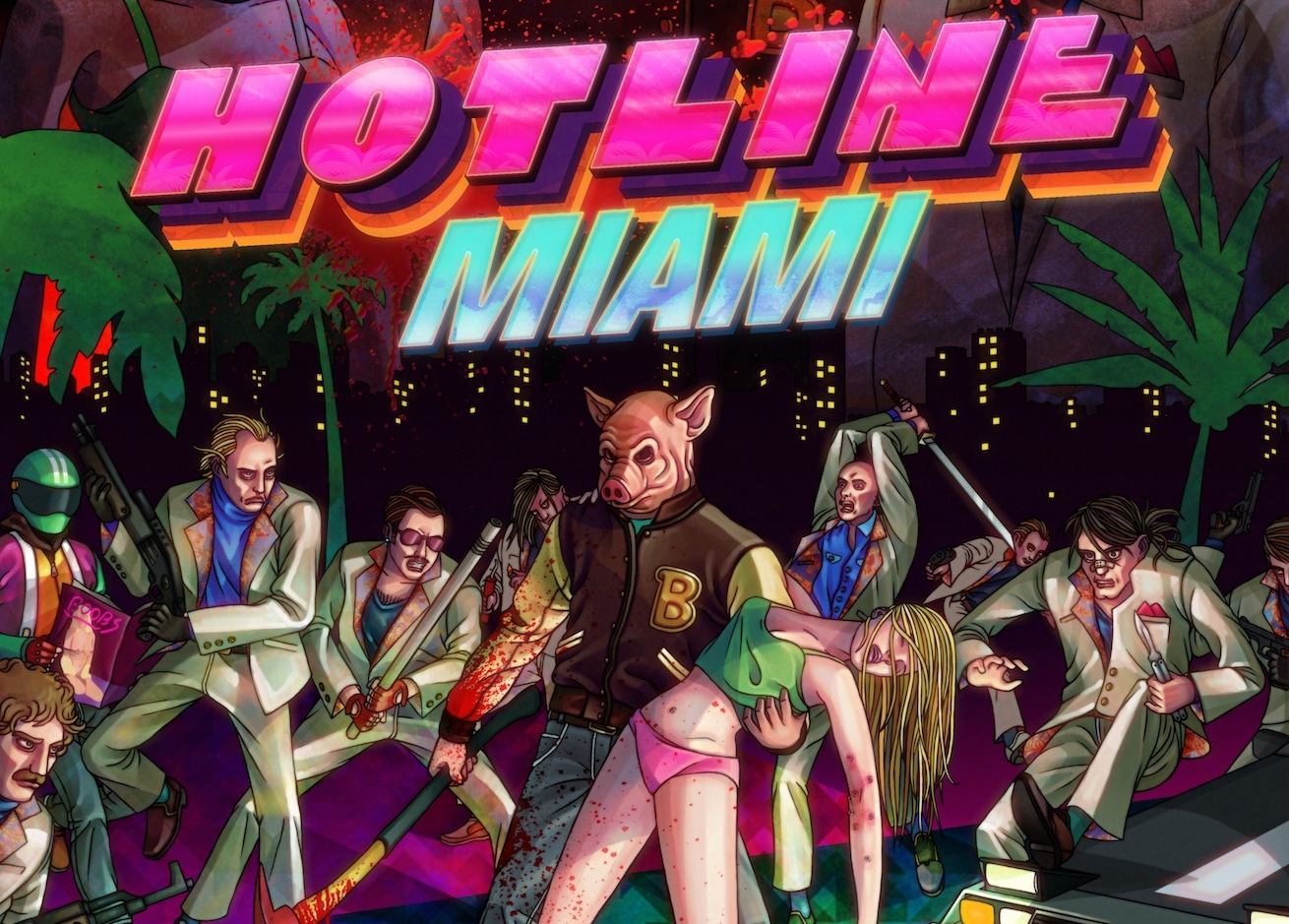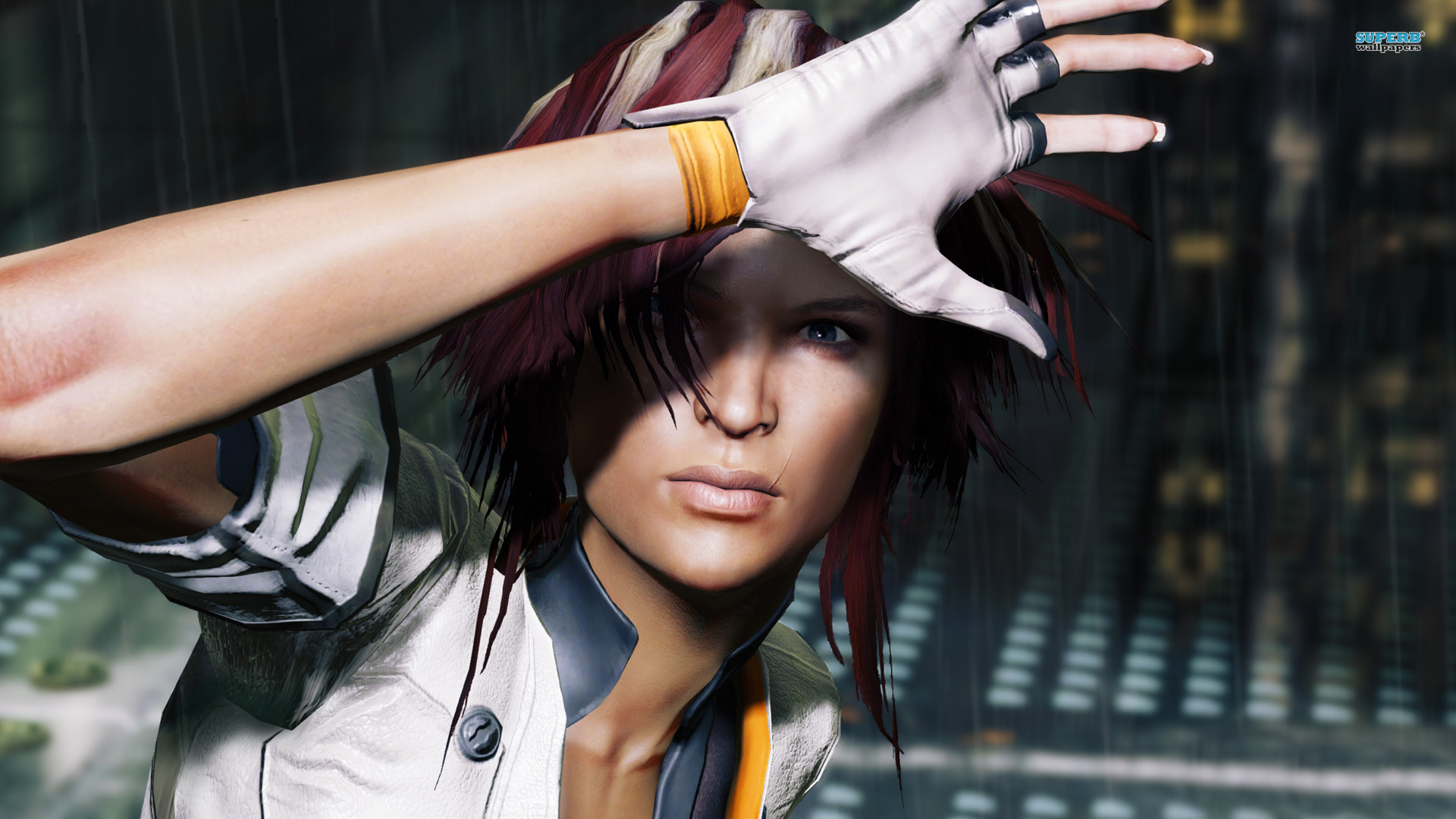Those of us who can’t get enough of Assassin’s Creed will be tickled pink at the release of not one, but two games in the franchise. Whereas Unity is the first title to be developed exclusively for next generation consoles,Rogue offers something else entirely. To some it might seem like a fond farewell to the consoles on which the series launched: evidence that, while abandoned by many gamers, the lowly Xbox and PS3 still have plenty of life in them yet. To others, it is a curio, an excised chapter from a parent narrative that is already fairly convoluted. In reality, Rogue is all of these things and as a result is an unusual but ultimately successful retrospective of everything that has come before. It does not quite scale the dizzy heights reached by the masterful Black Flag but it has enough tricks, albeit old ones, to keep you engaged until the credits roll.
The trump card in Rogue is its central conceit. Shay Patrick Cormac might seem like yet another of the series’ cocksure but troubled protagonists but there is one key difference, namely his shifting allegiance from the league of eponymous Brotherhood of Assassins to the Knights Templar (a less friendly version of the Illuminati) who are intent on stamping out their arch enemies. The specifics of Shay’s fall from grace, which I will not spoil here, are compelling and surprisingly create sympathy for the Templar cause. Where they were previously portrayed as a sinister sect swathed in conspiracy theories and with their fingers in numerous mega-corporations, in Rogue the gamer will learn that they are perhaps justified in their hatred of the Assassins. It is a brave approach that alerts you to the cold fact that, while it is tempting to argue that forerunners Ezio, Kenway and even Desmond are heroes fighting for a just cause, they are in truth killers whose motivation is a feeble excuse for their love of murder. Admittedly, more could be made of this dynamic yet it is a tantalising glimpse of the directions that Assassin’s Creed could possibly take. What does an Assassin do when his creed is broken? How easy is it to leave the Assassins with all of your limbs intact? Will there be an all-out war with the Templars? What if the end of the world, glimpsed in several previous instalments, will arrive, and arrive spectacularly, regardless of anyone’s actions? Does that make all of the sneaking around and bumping off high profile targets redundant? Rogue brushes over these questions when at times more exploration and exposition would have been welcome.
In terms of actual gameplay, Rogue very much feels like a mash-up of the best bits of previous games. There are the seafaring and ocean battles of Black Flag, albeit with amendments and additions such as flaming barrels of oil, along with the naval war mini-game that ticks along in the background while you complete the main quest. There are the locations from Assassin’s Creed III such as an 18th Century New York and a mystical reservation. There is the reappearance of the all powerful “Apple Of Eden”, are the ubiquitous stealth missions, attacks on forts and settlements, and side-quests where you scour the map for cave paintings and shards of Viking weaponry. It very much feels like a Greatest Hits set compilation, and as a slice of affectionate nostalgia it functions very well. There is, naturally, the feeling that it is time to move on and close the chapter in the “North American” trilogy of AC games – hopefully, those rumours of a game set in Victorian London or ancient Japan will prove to be true.
While the activities themselves might be familiar they are given a fresh spin by the fact that you are approaching them from a completely different perspective. Instead of offing a target, for example, you are required to protect him from those who are doing the offing. Further, there are sequences that hint at new mechanics, particularly a frantic sprint through a collapsing city that brings to mind the chaotic set-pieces from Uncharted. Moments like this do set the pulse racing and make you wish that Rogue would take a few more chances, that it would be truly… well, Rogue, but it at least suggests that the development team (or rather, several development teams spread across the world) have intentions to do so in the future. Here’s to wilder, bolder, madder adventures. Ross Thompson

